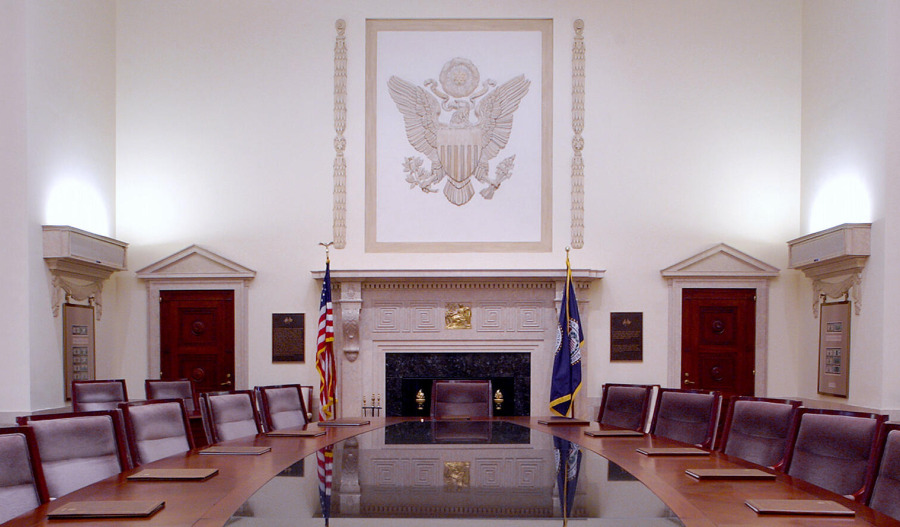United States Treasury Secretary Scott Bessent has said he sees no risk of the U.S. entering a recession in 2026, arguing President Donald Trump’s tariffs and domestic policies would strengthen the economy.
While the U.S.’ gross domestic product increased by 3% in the second quarter, National Economic Council director Kevin Hassett has said growth would likely halve to 1.5-2.0% in the fourth quarter after the country’s longest-ever government shutdown ended this month.
“I am very, very optimistic on 2026. We have set the table for a very strong, noninflationary growth economy,” Bessent told NBC News’ Meet the Press.
He said that Trump’s trade deals and “big beautiful bill” spending package, passed in June, would spur the economy as they entered into effect.
Bessent said parts of the economy were pressured, however. “Clearly, housing has been struggling, and interest rate-sensitive sectors have been in a recession."
Inflation has remained at an annual level of 3%, according to September’s Consumer Price Index (CPI) data.
The release of October’s CPI has been cancelled following the government shutdown, and November’s CPI has been delayed to 18 December after the Federal Reserve’s next meeting. The shutdown caused a US$11 billion hit to the U.S. economy, Bessent said.
The U.S. lowered tariffs on imported food via executive order earlier this month, with the White House saying the order is “strengthening the U.S. economy and national security”. The legality of many of Trump’s tariffs is also currently being considered by the Supreme Court.
Just 26% of Americans approve of Trump’s actions on the cost of living, according to a November Reuters/Ipsos poll.
The White House will also announce plans to address rising healthcare costs this week, according to Bessent. Trump has proposed offering money directly to consumers.
Senate Republicans have said they will hold a vote on extending existing healthcare subsidies, as Democrats repeatedly called for during the government shutdown, but Republicans in House of Representatives have not agreed.
Bessent also said Republican senators should abolish the filibuster if another government shutdown occurs in January in an op-ed for the Washington Post today. The filibuster requires a 60-vote supermajority in the Senate to pass legislation.
Related content



